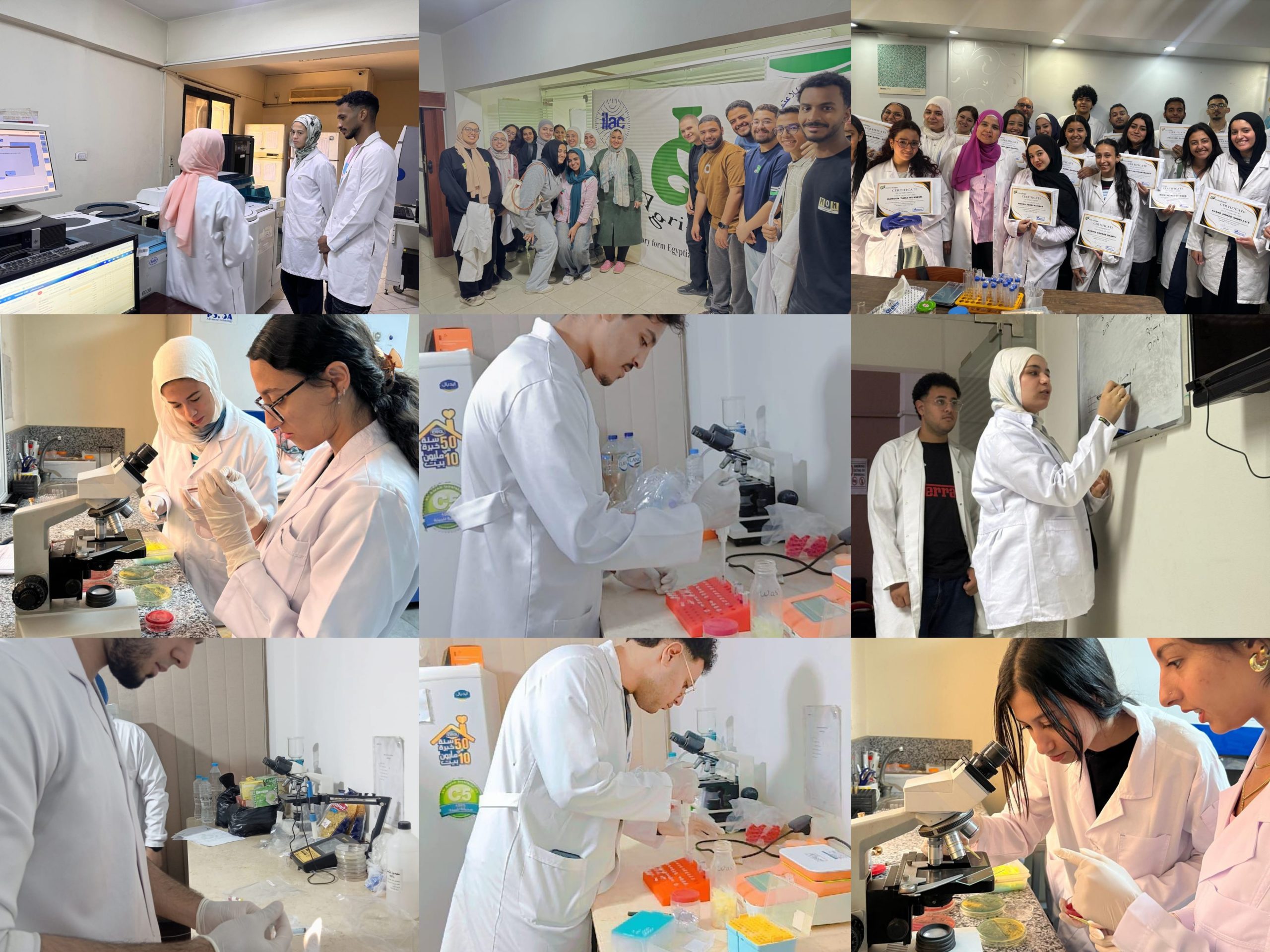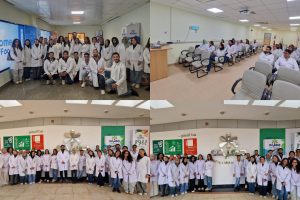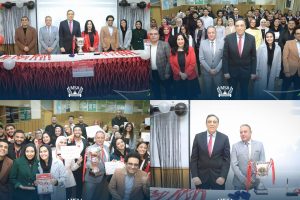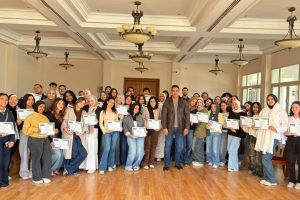
MSA Biotechnology Students Gain Real-World Experience Through Summer Training Programs
Faculty of Biotechnology Enhances Students’ Practical Skills Through Summer Training Programs
As part of its ongoing efforts to strengthen students’ practical competencies and its vision of bridging academic learning with labor market needs, the Faculty of Biotechnology at October University for Modern Sciences and Arts (MSA University) has organized a series of hands-on summer training programs in collaboration with distinguished institutions and research centers.
A group of students received training at Tiba Medical Laboratories under the supervision of esteemed professors from Kasr Al-Ainy Faculty of Medicine. During the training, students closely observed the applications of biotechnology in medical diagnostics and gained hands-on experience using modern instruments and technologies across various lab units, including Molecular Biology, Chemistry, Hematology, Immunology, and Microbiology.
Another group trained at AGRI Laboratories, focusing on the ELISA technique, a key biotechnological tool in disease diagnosis and monitoring treatment response. This training allowed students to apply theoretical knowledge in practice, acquiring valuable skills in experiment execution and accurate data analysis.
Additionally, to deepen their understanding of chemical analysis in industrial applications (such as food, pharmaceutical, and cosmetic industries), students were sent to the Central Laboratory at a leading research center. There, they trained on solution preparation, standard curve generation, and quantitative estimation of natural components including fats, proteins, carbohydrates, fibers, vitamins, antioxidants, phenolics, flavonoids, and essential minerals such as phosphorus, potassium, iron, calcium, and zinc. They also learned how to distinguish between natural and synthetic ingredients.
Furthermore, the training incorporated essential elements of occupational health and safety, quality control procedures, and results validation.
These summer training programs reflect the faculty’s dedication to preparing highly qualified graduates equipped with practical experience, critical thinking, and research skills. By exposing students to real-world work environments prior to graduation, the faculty ensures they are well-positioned to meet the evolving demands of the biotechnology sector.



